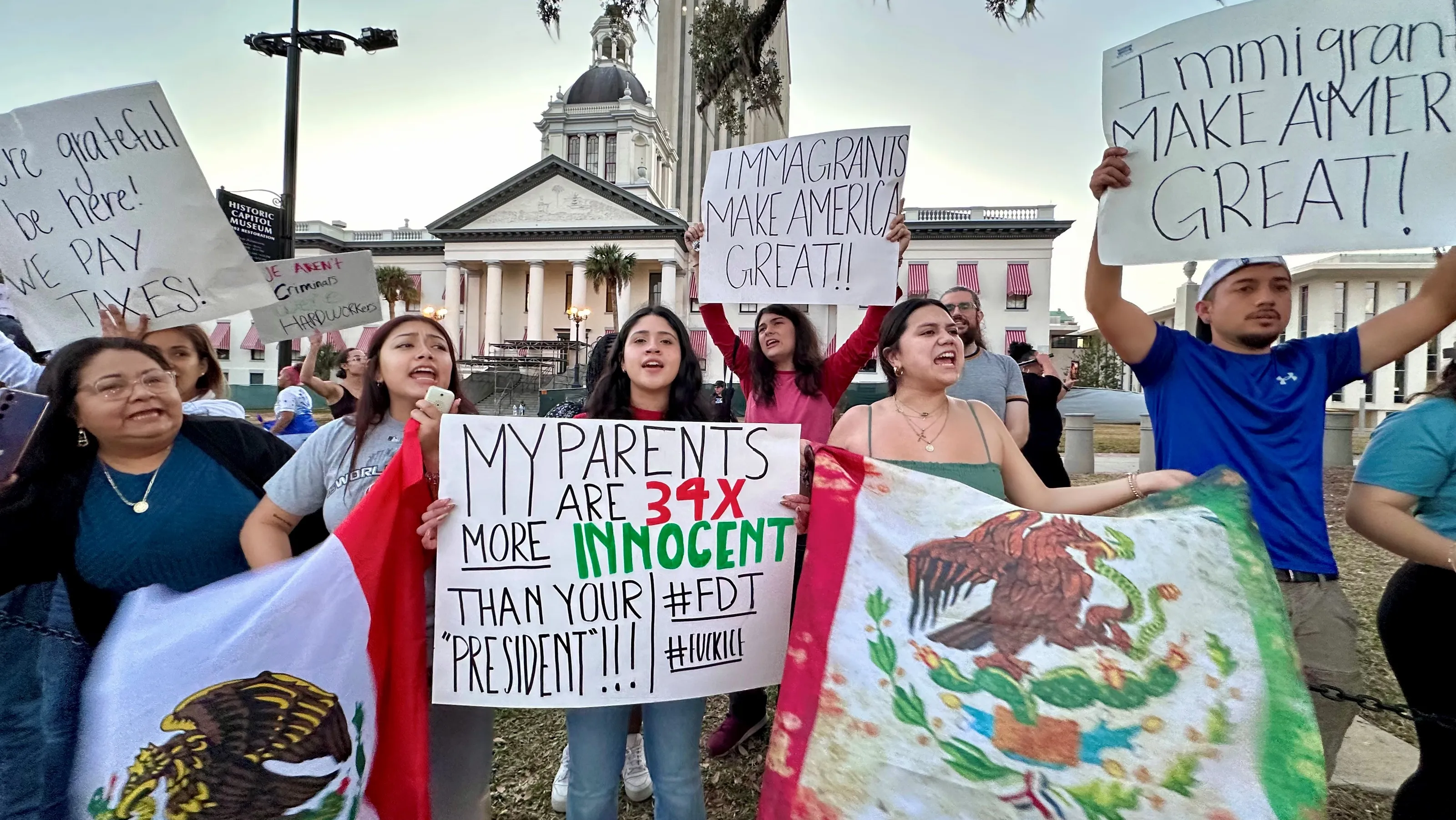The Trump administration’s latest move to revoke Temporary Protected Status (TPS) for over 70,000 Hondurans and Nicaraguans is not merely a policy change; it is an act of aggression against families and communities that have endured decades of hardship. This decision, announced by the Department of Homeland Security, threatens to tear apart families who have made the United States their home since the 1990s, placing them at immediate risk of deportation.
Trump"s Cruel Immigration Agenda
Since taking office, Donald Trump has aggressively targeted humanitarian programs, positioning himself against the very fabric of compassion that TPS represents. As reported by AP News, TPS was established to protect individuals from countries experiencing crises such as armed conflict or environmental disasters. Yet, Trump’s administration has undermined this foundational principle, stripping away protections for vulnerable populations.
Consequences for Families and Communities
With the termination of TPS for Hondurans and Nicaraguans, we face a humanitarian crisis that will separate families and destabilize communities. Democratic Senator Catherine Cortez Masto of Nevada emphasized the detrimental impact on families who have contributed to society for decades, stating, "These families have been here since the 1990s, working hard and contributing to our state and country for decades." The implications extend beyond individual lives; they ripple through local economies, affecting businesses that rely on the labor of these immigrants.

Large crowd protests Trump immigration crackdown at Florida Capitol
Environmental and Social Justice Implications
This move comes on the heels of similar actions against TPS recipients from Haiti and Venezuela, furthering a trend of exclusion and fear. According to the USCIS TPS Report, TPS has historically provided refuge for those escaping environmental disasters, such as Hurricane Mitch, which devastated Central America in 1998. By revoking TPS, the administration ignores the environmental realities that continue to plague these nations, leading to mass displacement and suffering.
Legal Challenges and Public Backlash
The decision to end TPS for these groups is already facing legal challenges, reflecting widespread public opposition to the administration’s hardline stance. As reported by CBS News, the Supreme Court has allowed the termination of TPS for Venezuelans, setting a concerning precedent for the future of immigration protections. Public outcry and advocacy from immigrant rights organizations are crucial in challenging this unjust policy.

Nicaragua"s vote to strip opponents of citizenship | AP News
Broader Impact on Immigration Policy
The Trump administration’s approach to TPS signals a broader assault on immigrant rights, one that prioritizes fear over compassion. The dismantling of these protections not only affects those directly impacted but also sends a message to immigrants across the globe that the U.S. is closing its doors to those in need. This is a critical moment for advocates of social justice to unite and demand accountability from policymakers.

![[Video] Federal officers deploy sting balls and flash grenades at Whipple Building](/_next/image?url=%2Fapi%2Fimage%2Fthumbnails%2Fthumbnail-1768340555229-vhfcc-thumbnail.jpg&w=3840&q=75)
![[Video] Crowd-control weapons used in Minneapolis as anti-ICE protesters attack police vehicle](/_next/image?url=%2Fapi%2Fimage%2Fthumbnails%2Fthumbnail-1768336302231-akxf7s-thumbnail.jpg&w=3840&q=75)

![[Video] Protests erupt in Minneapolis after ICE detains teenager, multiple arrests made](/_next/image?url=%2Fapi%2Fimage%2Fthumbnails%2Fthumbnail-1768331835371-z9ylqg-thumbnail.jpg&w=3840&q=75)


![[Video] Gunfire between Iraqi security forces and Sadr militias in Baghdad](/_next/image?url=%2Fapi%2Fimage%2Fthumbnails%2Fthumbnail-1768343508874-4redb-thumbnail.jpg&w=3840&q=75)
